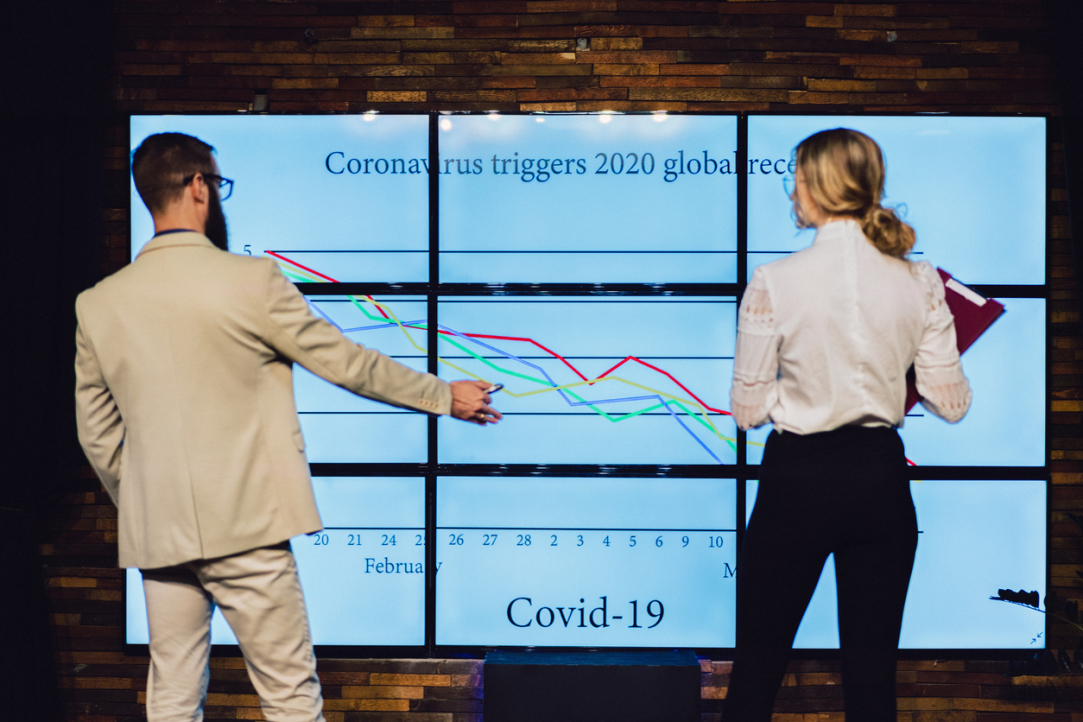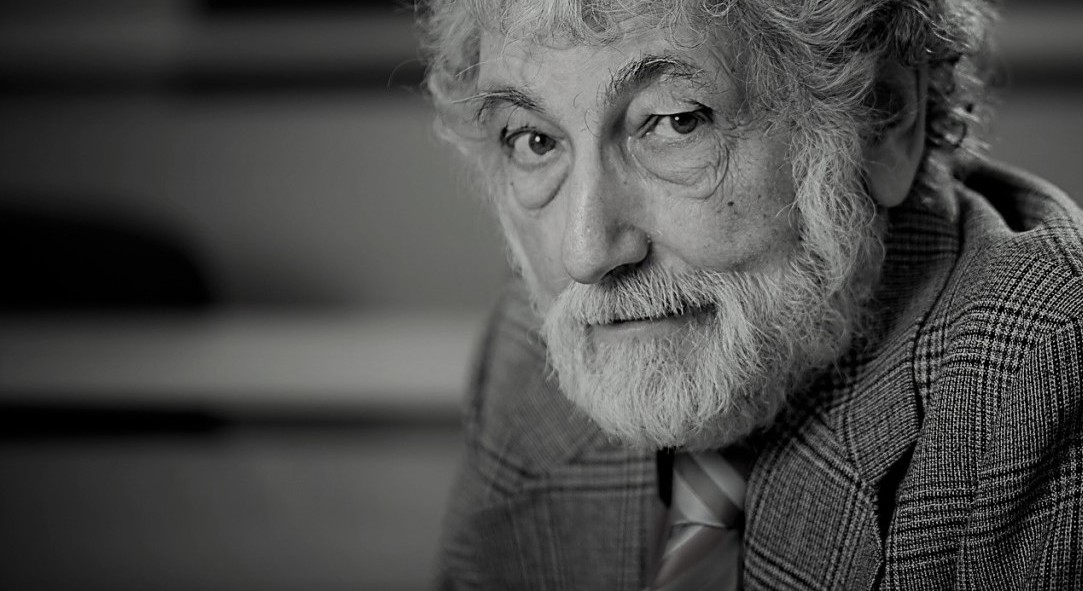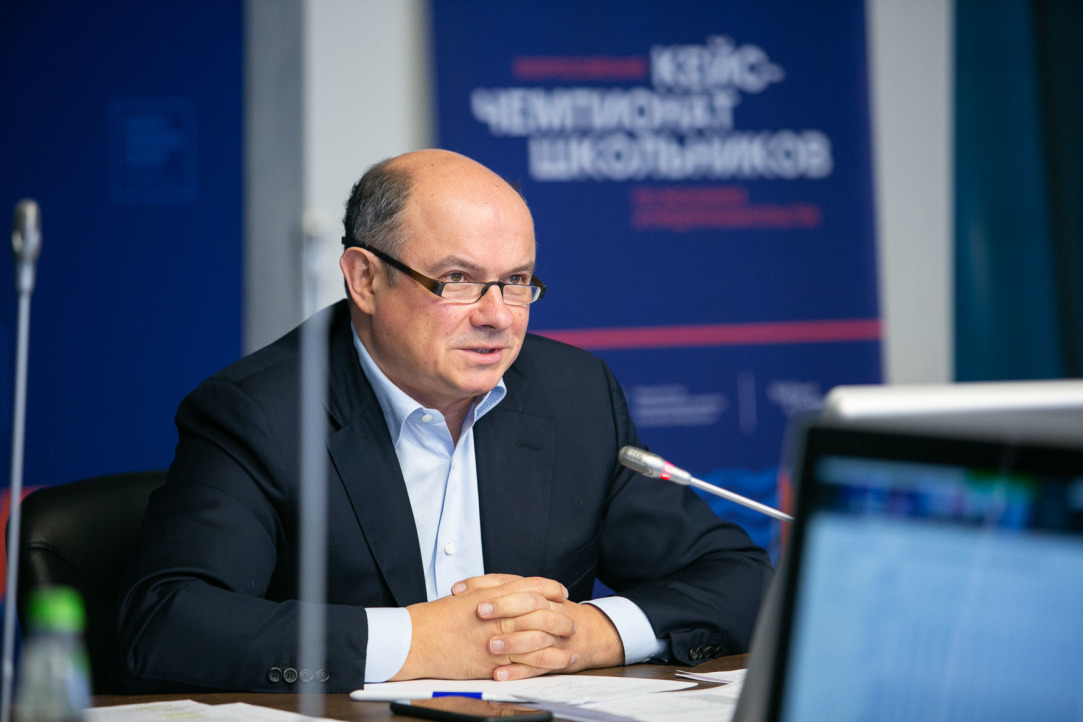
Taming the ‘Black Swan’: Who Will Win the Fight Against the CoronaCrisis
Countries with reserve currencies, sufficient fiscal capacity to implement soft fiscal policies, and access to global capital markets have the best chance of recovering from the coronavirus crisis. The rest may need external assistance. These are the conclusions drawn by Alexei Kireyev, leading IMF economist and visiting professor at HSE University’s School of World Economy.

‘Borders Between Countries Are Becoming Blurred Thanks to Online Communication’
Professor Oleg Melnikov is among the international professors invited to work remotely with HSE University’s students this academic year. He lives in California, runs the Data Science department at a company in Palo Alto, and teaches at Stanford and other universities in the United States. At HSE University he teaches a course on machine learning for the students of the Faculty of Computer Science and the International College of Economics and Finance (ICEF), as well as a university-wide optional course, ‘Machine Learning in Python’. He spoke about his work in an interview with the HSE News Service.

Anatoly Vishnevsky: ‘A Man from the Third Billion’
Anatoly Vishnevsky, HSE Distinguished Professor and Director of the HSE Institute of Demography, died at the age of 85. Levada Centre Director Lev Gudkov, writer Denis Dragunsky, and film maker Andrey Smirnov describe Vishnevsky’s contributions to demography and social history in a film by the HSE School of Art and Design.

MIEM Professor’s Papers Among Most Popular Publications on SpringerLink
The paper by Yury Budkov, Professor at HSE MIEM School of Applied Mathematics, co-authored with Andrey Kolesnikov from Leipzig University, was initially published by a Russian journal, Polymer Science. Its English version was published by SpringerLink, where it generated considerable interest among visitors.

GSB Dean Valery Katkalo Elected Chairman of Sectoral Commission on Education of the Russian Managers Association
Valery Katkalo has been elected as Chairman of the Sectoral Commission on Education of the Russian Managers Association (RMA) for the second time in a row. The commission is one of the main expert platforms in Russia for discussing modern education trends and sharing experience of implementing advanced educational models.
‘This Year Has Shown That We Are Not Only Able to Develop Quickly, But Are Also Capable of Quickly Overcoming Challenges’
In his annual New Year's video address, HSE Rector Yaroslav Kuzminov wished everyone a happy holiday. 'This year we learned to help each other,' the rector said. 'In the coming year, may we take more delight and make new friends.'

‘People Cannot Accept That Threats Can Come from the Very Fact of Biological Evolution’
HSE University’s Laboratory for Studies in Economic Sociology has held its traditional Christmas Film Seminar. This year it was dedicated to one of the most discussed films of the year — Steven Soderbergh's prophetic Contagion. A report from our news service explains how the 2011 Hollywood blockbuster managed to predict the events of 2020, which generation will be most affected by the pandemic, and why reality has become fiction.
.jpg)
MIEM Research Professor Viktor Maslov Receives ‘Global Energy’ Prize
The Global Energy Association awards outstanding Russian scholars for their contributions to the development of the national power engineering industry on their professional holiday – national Power Engineers’ Day. Professor Viktor Maslov, a RAS member, Doctor of Sciences (Physics and Math), and MIEM Research Professor, has become the first winner of the Honorary Diploma from the Association ‘for his fundamental contributions to upholding nuclear power safety’.

Scientists Shouldn’t Be Afraid to Communicate. It’s Time to Speak Out
Aleksey Maslov, Professor at HSE University’s School of Asian Studies and one of its founders, has become a super-media persona this year. This is due to major interest in China amid the pandemic and Beijing’s strained relationship with Washington. In the column ‘HSE University Scientists’, Aleksey Maslov explains how to keep up with everything (spoiler: Shaolin Monastery!), why Russian science has become a ‘fossil’, what scientists should do for self-promotion and why it’s important to look good at the same time.

HSE Faculty of Mathematics Receives Mega-Grant from the Russian Government
43 projects from all over the country were awarded grants in Russia’s Eighth Mega-Grant Competition. HSE University’s application in support of the creation of a world-class laboratory in mathematics was among the winners. The academic supervisor of the new laboratory will be Professor Michael Shapiro of Michigan State University (USA).

